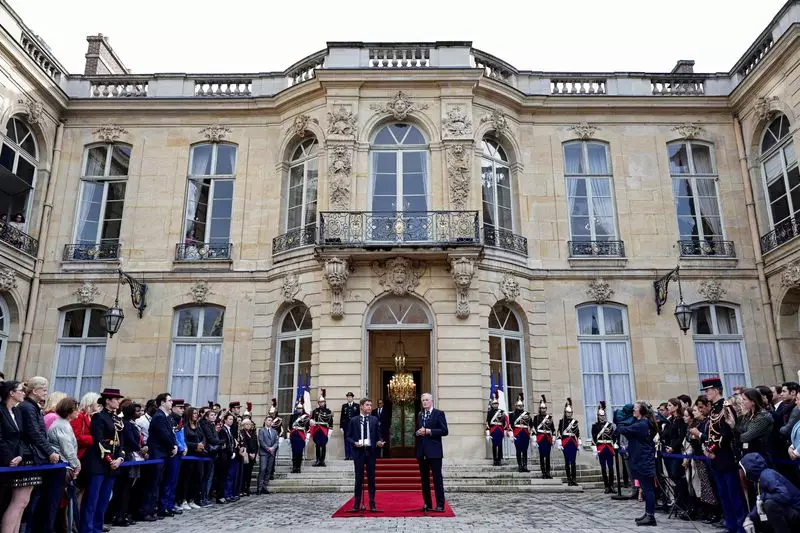In the wake of ongoing political strife and fiscal challenges, the French government is seeking to extend its deadline for presenting a public deficit reduction plan. This endeavor aims to align the proposed financial strategies with the forthcoming 2025 draft budget. As the nation grapples with an unstable economic environment, the implications of these developments on governance and financial credibility cannot be overstated.
As reported by La Tribune du Dimanche, the French Finance Ministry has formally requested that the European Commission extend the Sept. 20 deadline for submitting a fiscal plan. This request stems from concerns that the country’s financial situation may further deteriorate, resulting in a higher-than-anticipated budget deficit for the current fiscal years. The timeline for extending the deadline could be negotiated, potentially lasting until Oct. 15, as both the ministry and the Commission appear to have kept the lines of communication open for flexibility.
This request serves as an acknowledgment of the urgent need for a coherent strategy that balances fiscal responsibility with the practical realities of governing in a politically fragmented environment. The Finance Ministry’s acknowledgment of fiscal shortfalls suggests a proactive stance, attempting to mitigate potential repercussions from both domestic stakeholders and European partners.
At the heart of the fiscal crisis lies a significant political challenge. With the appointment of Prime Minister Michel Barnier, a seasoned politician and former Brexit negotiator, expectations are high. However, the landscape he steps into is fraught with potential pitfalls. Barnier’s government must navigate a hung parliament, where the largest bloc, the New Popular Front (NFP) alliance, coupled with the far-right National Rally (RN), holds the power to challenge his leadership.
The political instability amplifies the difficulties Barnier faces as he attempts to forge a government amid pressures of potential no-confidence votes. The RN, a crucial player in determining political outcomes, has positioned itself as a kingmaker. Its leader, Marine Le Pen, has made it clear that her party’s support is contingent on the government’s responsiveness to the electorate, emphasizing the risk of political retribution should the concerns of voters be overlooked.
Budget Deficits: The Economic Underbelly
The substantial budget deficits projected for France carry serious implications for the economy. It is indicative of deeper structural issues that could lead to more severe austerity measures: a challenging balancing act between public welfare and the rigors of fiscal discipline. The looming threat of budget reductions raises questions about social stability and governance efficacy in the nation.
Both domestic and international parties await clear signals from Barnier’s government on how these financial pressures will be managed. The necessity for either spending cuts or tax increases presents numerous dilemmas, each carrying its own set of consequences. Moreover, the political ramifications of any such decisions could potentially exacerbate already existing divides within the parliament and among the populace.
France’s moment of reckoning arrives at a critical juncture not just for its fiscal health but also for its political cohesion. The delicate balance that Barnier must strike between adhering to strict EU guidelines and addressing the needs of the French populace has far-reaching implications. Local dissatisfaction may not only endanger his leadership but could also destabilize France’s standing within the European Union.
Furthermore, as the economic landscape evolves, global economic conditions will invariably impact France’s recovery trajectory. The interplay of these factors complicates an already intricate picture. The outcomes of this budgetary process may dictate public sentiment and influence future elections.
With mounting pressures from both fiscal and political fronts, France is at a pivotal crossroads. The government’s ability to justify its fiscal strategies while maintaining public trust will define its short-term and long-term viability. This period of uncertainty invites scrutiny, highlighting the urgent need for strong, coherent leadership to guide France through turbulent waters.

